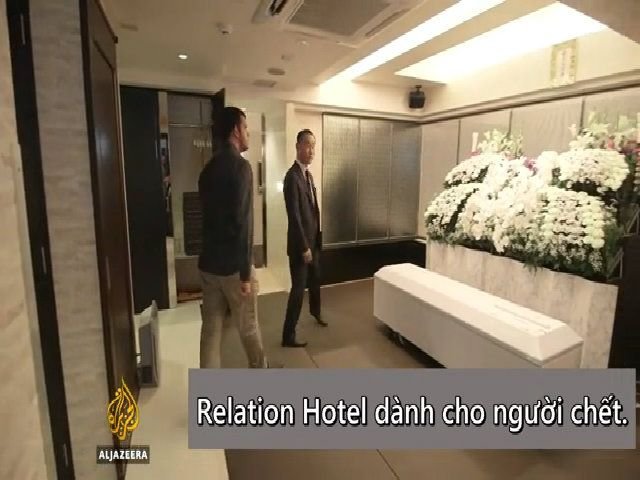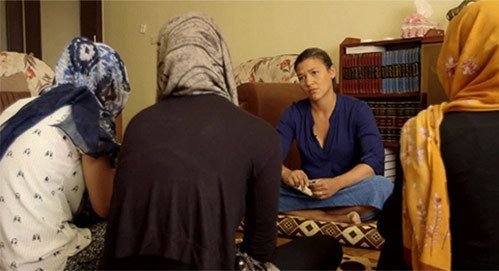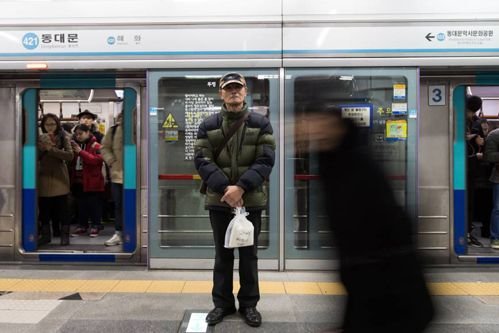Hotels for the dead boom in Japan
Inside the hotel for the dead in Japan
Inside the Relation Hotel for the Dead.
Relation Hotel, hidden in a neighborhood in Osaka, is designed in a minimalist style.
Like many other hotels, Relation also stipulates check-out time no later than 3pm every day.
The half-hotel, half-funeral home model like Relation is increasingly popular in Japan due to the pressure of an aging population, causing traditional cemeteries to always be overloaded.
The cost of organizing a funeral at a hotel for the dead is much more economical than the traditional form.
Mr. Hisao Takegishi, owner of Sousou Hotel in Kawasaki City, a suburb of Tokyo, deliberately used light-colored wall paint, blue-covered tables and chairs, planted many trees and arranged objects in the hotel in a modern minimalist style.
`I don’t want this place to have an atmosphere of sadness and loneliness,` Mr. Takegishi shared.

Hotel services for the dead are booming in Japan
Funeral at a hotel for the dead in Japan.
In the 1980s, `Japanese funerals were often melodramatic because people cared about what others thought of them,` said Midori Kotani, a senior researcher at the Dai-ichi Life institute.
`In the past, if you said you would only hold a family funeral, your neighbors would ask judgmentally, ‘What kind of person would hold a funeral like that?’
Besides the reason why neighborly relationships in Japan are becoming increasingly blurred, causing the scale of funerals to be smaller and simpler, the aging population with increasing pressure on funeral services is also
Last year, 1.3 million elderly people died in Japan, up 35% from 15 years earlier, a number that will be 1.7 million by 2040. About 37% of elderly women died in Japan in
`We think supply is not enough to meet demand, especially in big cities,` said Hiroshi Ota, a member of the Japanese cemetery association.
According to official government data, the number of elderly people over 65 years old in Tokyo who died alone doubled from 2003 to 2015. In addition, despite having a population of more than 13 million people, Tokyo has only 26 cemeteries.
When Mr. Hajime Iguchi passed away at the age of 83, almost all of his friends were no longer in this world.
`In the past, we held funerals at home, but now that custom has changed,` said Mr. Iguchi’s sister, Kunie Abe, now 73 years old.
Mr. Iguchi’s farewell funeral took place last fall amid the monk’s prayers.
Waiting for the monk to finish his chant, everyone stood up, approached Mr. Iguchi’s coffin, and placed flowers and paper cranes on his chest.
Mrs. Abe, his sister, leaned over and whispered into the deceased’s ear, `Farewell!`














Post Comment